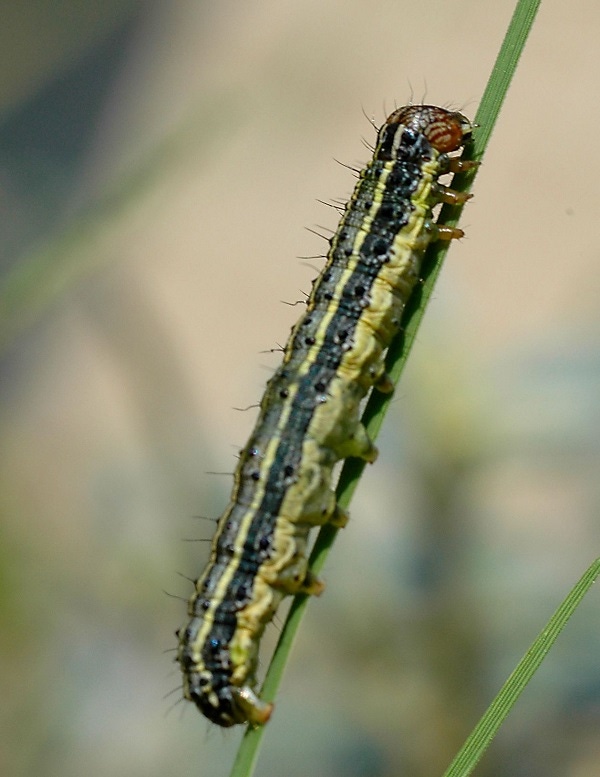January 22, 2014

When temperatures drop significantly below freezing and stay there for several days and return several times during the winter, folks wonder how much effect the cold will have on insect populations the following spring and summer.
Fewer mosquitoes? Less trouble with pests that attack row crops? What about pesky flies? Will extremely low temperatures reduce insect numbers? Old timers used to think so.
Probably not, said Erfan Vafaie, Texas A&M AgriLife Extension Service integrated pest management specialist at Overton.
“It depends upon the insect,” said Vafaie.
Red imported fire ants, for example, burrow down so deeply in the soil that they’re unlikely to be affected by cold weather, Vafaie said.
“They tend to be quite ‘insulated’, if you will, from the extreme temperature changes — unless there’s a very long sustained cold, which may slowly make its way down into the depths,” he said.
If you are enjoying reading this article, please check out Southwest Farm Press Daily and receive the latest news right to your inbox.
It’s been suggested by other entomologists, Vafaie said, that a colder winter may reduce the populations of mosquito species that carry West Nile virus during the following summer.
“However, we don’t know for a certainty, and since this winter has been quite a unique one in Texas, we’ll have to wait and see how insect populations have been affected.”
Also of interest:
Bee swarms, some low insect populations may be drought related
You May Also Like




